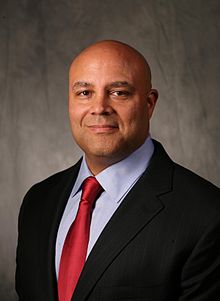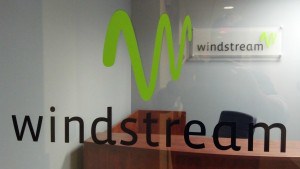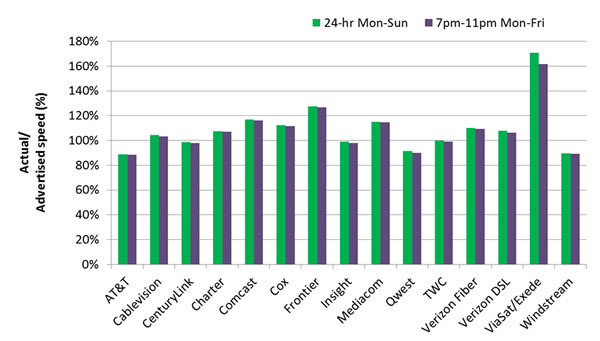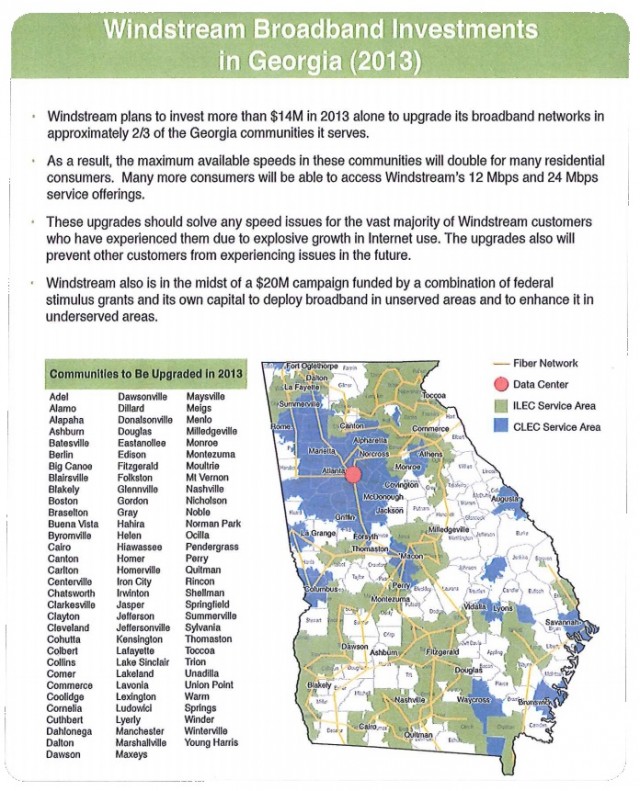
Werner
Cable operators are getting ready for competition from Google and other fiber providers with an upgrade to the cable broadband standard DOCSIS that will support up to 10/1Gbps service.
Comcast chief technology officer Tony Werner told attendees at the Washington, D.C. Cable Show that DOCSIS 3.1 will deliver about a 50% improvement in spectrum efficiency.
The new standard relies on orthogonal frequency-division multiplexing (OFDM), a standard already used by the wireless industry to get tighter performance from existing wireless spectrum.
The cable industry’s weakness remains its broadband upstream capacity. Standards originally developed for cable broadband assume users will download far more content than upload, so the focus has always been on download speeds. Upload speeds have been anemic in comparison. Until recently, cable technicians worried they would have to dedicate considerably more bandwidth for faster upstream speeds, but with improved standards, that may no longer be true.
Time Warner Cable’s chief technology officer Mike LaJoie is convinced his company will not have to widen upstream bandwidth. Time Warner has been among the stingiest providers of broadband speed upgrades, still offering residential customers in most service areas a maximum of 50/5Mbps service, even as Comcast has upgraded to 305Mbps in certain markets, mostly in the northeast. This week Comcast demonstrated 3Gbps broadband, primarily to prove the cable broadband platform will be able to compete with fiber technology.

LaJoie
The first trials of the new broadband standard are anticipated in 2014, with modems for sale later that year or early 2015. Comcast is expected to begin buying and deploying DOCSIS 3.1-capable modems “when it makes financial sense.”
Major speed increases will require cable companies to accelerate the transition to all-digital video platforms to free up available cable spectrum. The faster the offered speeds, the more channels must be dedicated to providing broadband. Operators don’t see a space crunch anytime soon, especially if they move towards an all-IP platform that would support all services through a giant broadband pipe.
Cox Cable, for example, is planning to move more of its analog channels to digital to free up capacity for faster broadband speeds.
But exactly when consumers will be able to use the faster speeds possible from DOCSIS 3.1 is up to your provider.
Time Warner Cable is not convinced customers even need or want 100Mbps speed, so expect some cable companies to not even attempt gigabit broadband for years to come.
LaJoie dismissed triple digit megabit speeds as a novelty that is not “very deeply penetrated” in the marketplace — marketspeak for “not attracting many customers.”
“There has not been a demonstrated appetite for it,” LaJoie said.


 Subscribe
Subscribe

 The cable provider’s Turbo High Speed Internet increased earlier this year from 20 to 30Mbps for downloads. Its Lightning tier went up even more — from 40 to 60Mbps. Even Business Class customers saw speed increases to 70Mbps. But now prices are up as well — as much as $5 a month more for “upgraded broadband services,” a higher cable modem rental fee, and $3 more for television packages:
The cable provider’s Turbo High Speed Internet increased earlier this year from 20 to 30Mbps for downloads. Its Lightning tier went up even more — from 40 to 60Mbps. Even Business Class customers saw speed increases to 70Mbps. But now prices are up as well — as much as $5 a month more for “upgraded broadband services,” a higher cable modem rental fee, and $3 more for television packages: Windstream Communications is under investigation by the Governor’s Office of Consumer Protection because of allegations the company is advertising broadband speeds and performance the company simply cannot deliver its customers in Georgia.
Windstream Communications is under investigation by the Governor’s Office of Consumer Protection because of allegations the company is advertising broadband speeds and performance the company simply cannot deliver its customers in Georgia.

 Despite years of arguments that Bell Canada (BCE) could not sustain offering unlimited Internet access, the company suddenly managed an about-face Monday, announcing the launch of a $10 unlimited Internet add-on option for broadband customers who do not want to worry about their online usage.
Despite years of arguments that Bell Canada (BCE) could not sustain offering unlimited Internet access, the company suddenly managed an about-face Monday, announcing the launch of a $10 unlimited Internet add-on option for broadband customers who do not want to worry about their online usage.
